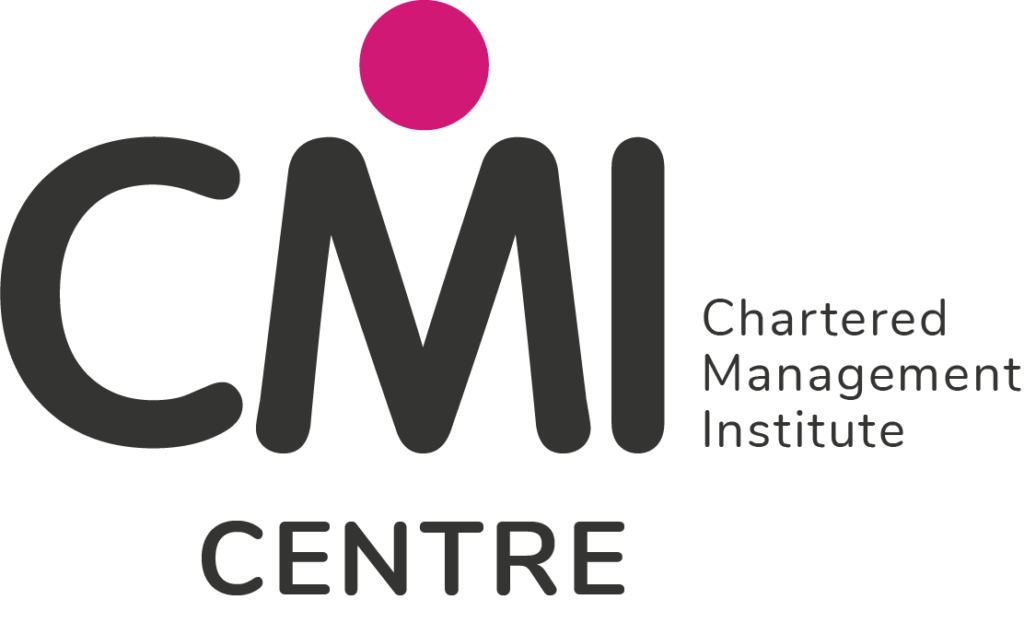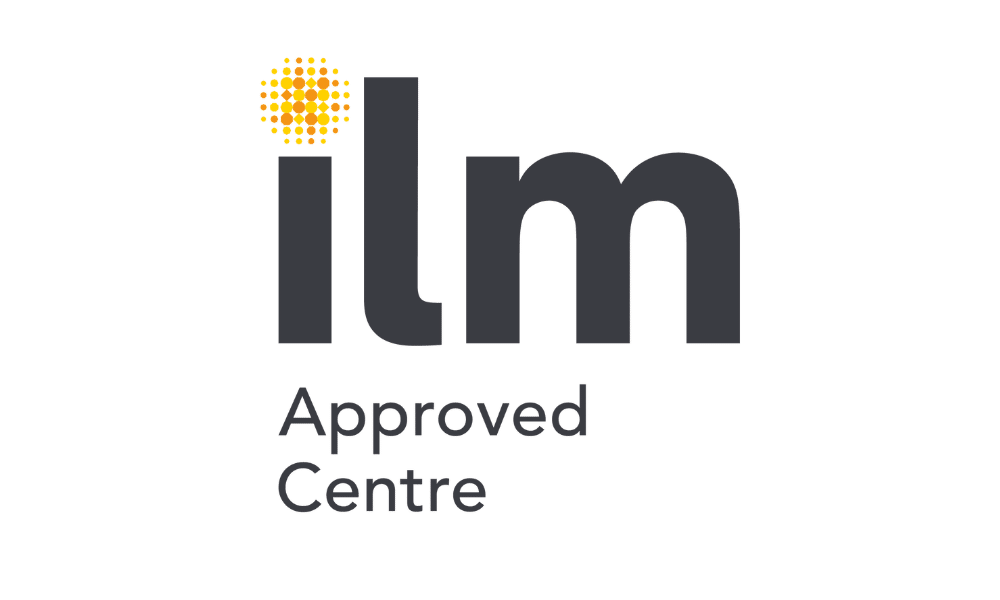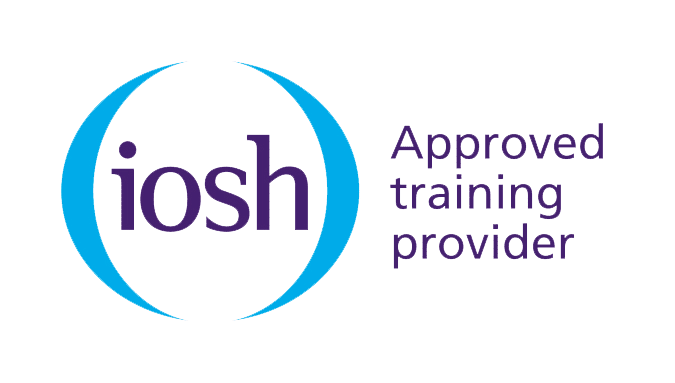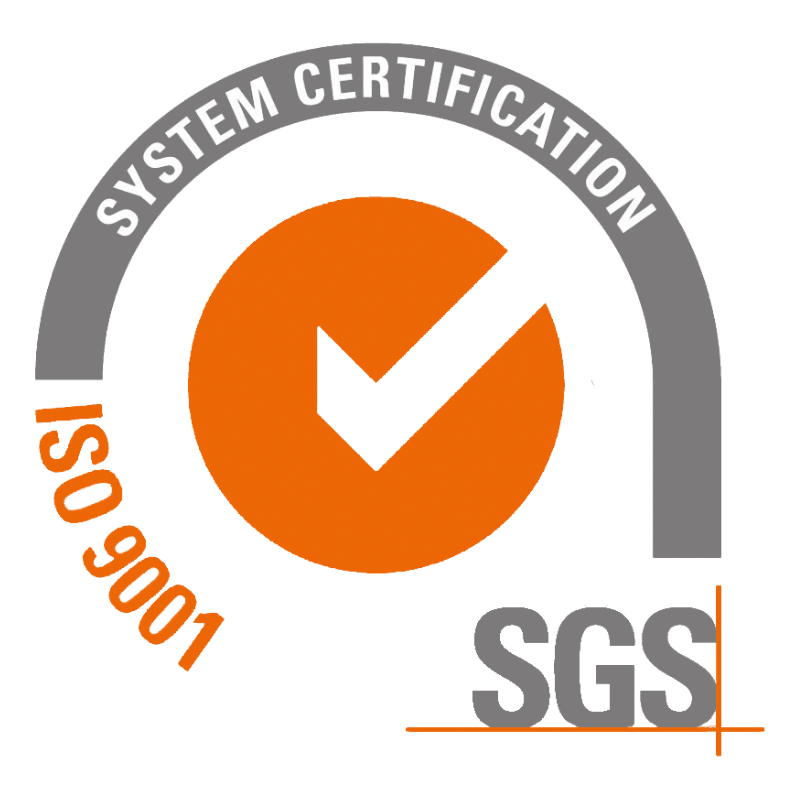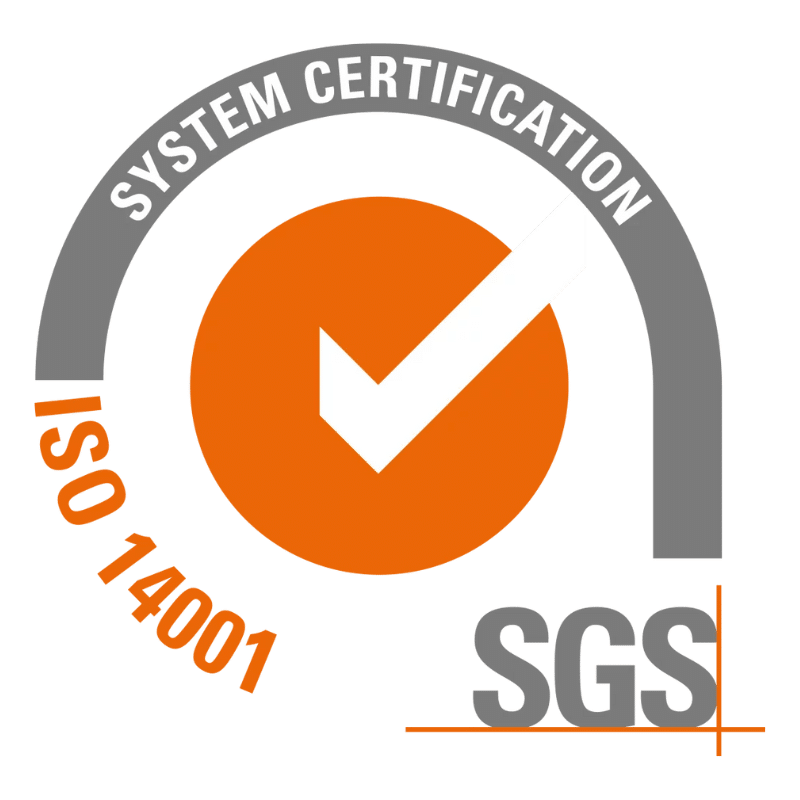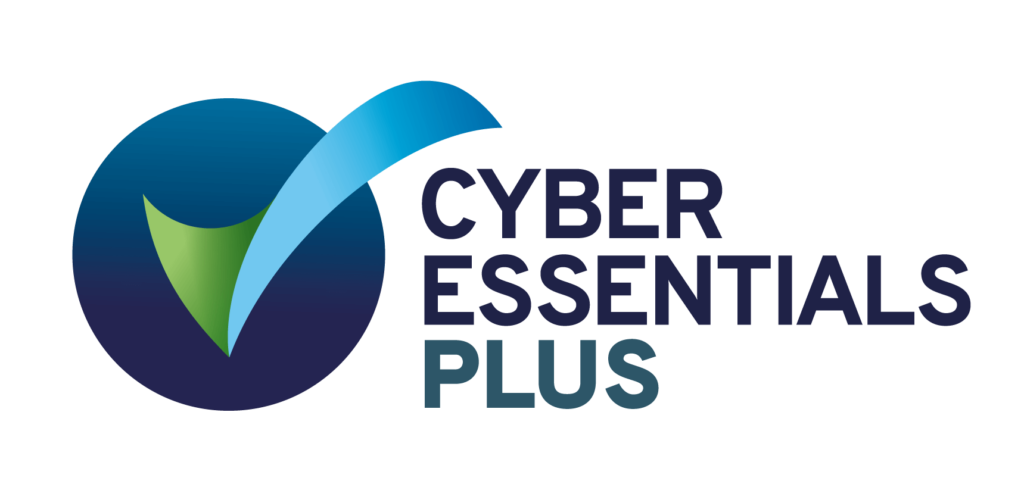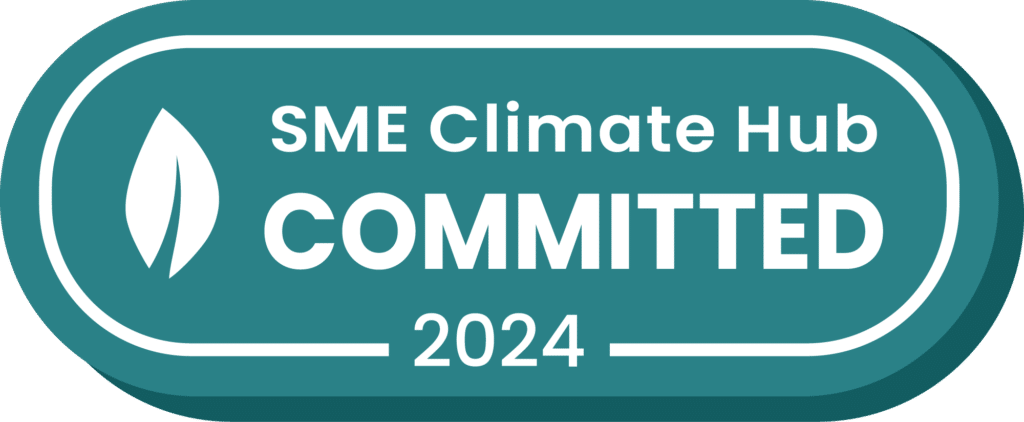As soon as we’re able to communicate, we start asking questions. But, just because you’ve done something all your life, it doesn’t mean you’re doing it as well as you can!
The ability to ask ‘good’ questions is important in any workplace, particularly as a coaching skill. Whether you’re a manager who wants to ask better questions of your team or you want to conduct coaching conversations with colleagues, it’s a skill that warrants and benefits from targeted skills development and deliberate practice.

Particularly in our world of increasingly complex communication, it’s rare that someone says everything you wanted to know, in exactly the right way. So, it can really help if you’re able to deploy the right question (at the right time) and shape some of the information coming at you – possibly mitigating information overload!
Here are four thoughts on using questions effectively – two about what you say and two about what you don’t.
Plan your questions
If you know a conversation is going to be particularly important (or particularly challenging), it can be helpful to plan your questions. Within this, it’s most helpful to think not what you want to ask about, but what you want the other person (or people) to talk about. What do you want to know, and what questions – in what order – will guide the conversation in that direction?

Remember to focus on open questions – rather than yes/no ones – if you want them to be expansive. Closed (yes/no) ones still have value in gaining commitment or fact-finding, but won’t prompt detail, if that’s what you’re looking for.
Know your options
As well as open and closed questions, it helps to have other options up your sleeve. Be ready to drop probing questions to focus on a particular point and unlock further detail or clarifying questions to help you to check and confirm your understanding, for example. Hypothetical questions are powerful tools to unlock innovative or imaginative thinking – “what if we lived in a world where…”.
Know which options to avoid, as well – leading questions deliberately engender certain responses, rather than honest ones. Compound questions, which touch on multiple issues but only allow for one answer, are never appropriate as they bring about inaccuracy and it’s impossible to answer them fully.

Don’t interrupt
Much of the ‘art’ of good questioning lies in truly wanting to hear the information that would be in the answer. Listen to the full answer to your question and only then think about what your next question will be. Something that goes hand-in-hand with asking good questions is good listening – listening to understand rather than listening to reply.

Use the silence
People feel the need to fill the holes in a conversation. If you can ask your question and then be patient, the person you are questioning will often bring out the critical bit of information you seek, just because you are being silent. Your silence gives the other person permission and time to stop and think about their answer.

Asking good questions and listening actively are core coaching skills. If you’re looking to support coaching skills at any level – from building a coaching culture with individuals that can deploy a coaching style of leadership, to enabling formal coaching sessions and conversations between colleagues, we will be able to help. Many of our customers see coaching skills as essential ones, and we have delivered a range of learning workshops to support this, including:
- Coaching & Feedback
- Coaching as a Leadership Style
- Strengths-Based Coaching
- Values-Centred Coaching
- Coaching Conversations
- Introduction to Coaching & Mentoring

As an ILM Approved Centre, we also deliver their popular Coaching & Mentoring qualifications via Face-to-Face, Virtual and Distance Learning delivery methods:
- Level 2 Award in Effective Mentoring Skills
- Level 3 Award or Certificate in Effective Coaching
- Level 5 Certificate or Diploma in Effective Coaching & Mentoring
- Level 7 Certificate or Diploma for Executive & Senior Level Coaches & Mentors
